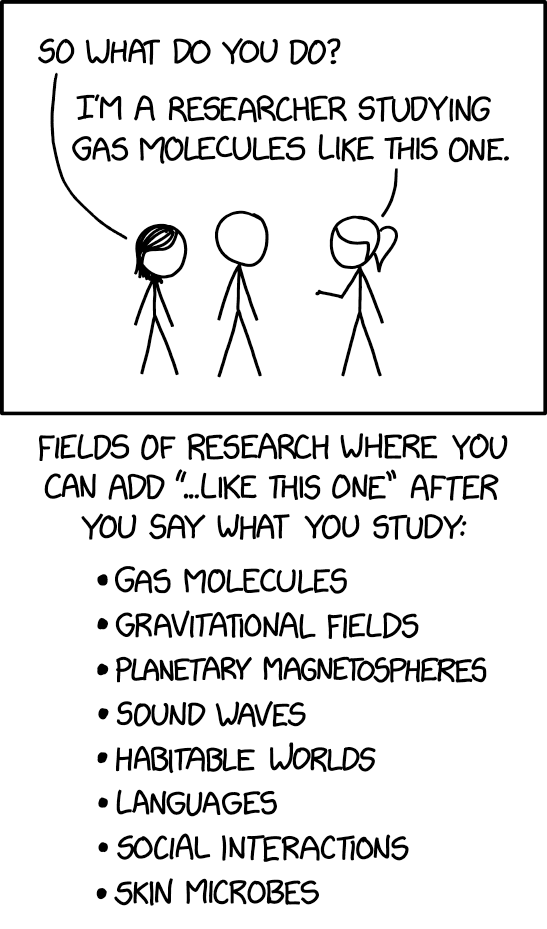DJT nearly (or barely?) escaped death . . .
Dan Halpern, "Trump’s charm offensive in the Bronx", The Economist 5/29/2024:
As the former president glowered and dozed through his criminal trial a few miles south in lower Manhattan, the Trump campaign emails had been growing weirder and weirder. Their subject lines were an anthology of cryptic clickbait. “I stormed out of court!” read one (he didn’t). “I nearly escaped death,” said another (if he had, then grammatically speaking he would be dead, which he pretty clearly wasn’t).
Read the rest of this entry »





